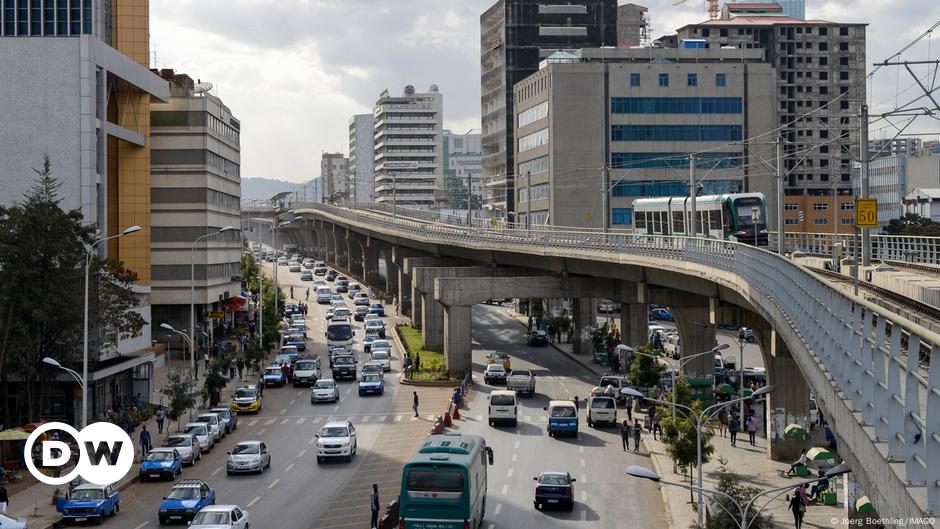The 26 poorest nations in the world are more heavily in debt than any time in the last 18 years, according to a new report. Climate change and conflict are major drivers of poverty in the affected countries.
The World Bank published a new study late on Sunday highlighting 26 countries that “are in deeper debt than at any other time since 2006.”
The list includes Afghanistan, Yemen, Syria, and North Korea. Most of the other nations are in sub-Saharan Africa, and include Ethiopia and Chad.
With an annual per capita income of less than $1,145 (€1,050) a year, the World Bank said these countries “are poorer today on average than they were on the eve of COVID-19,even though the rest of the world has largely recovered.”



There’s a lot of disagreement in the modern world about the validity of MMIT and how “real” debt is - but the debt in first world countries is still a real issue and essentially acts as a wealth transfer to the rich - private individuals and companies own that debt and earn interest on it that tax payers (bear in mind that the rich contribute relatively little overall taxes) have to service.
The deeper into debt we go the less spending power we’re left with.
Not necessarily. As long as the debt is invested well, it is absolutly fine. If the debt is used to increase the size of the economy, that means more taxes and hence the debt can pay itself. The other scenario is the government investing into something, which increases in value. Keep in mind that the governments rates are lower the private rates, so if a government builds a lot of housing for its citizens, that increases debt, but is still cheaper then everybody building their own housing themself. Similar effects can be had by buying companies.
Debt is a tool, it can be used for both good and bad. It really depends on how good the government is.
Ok but the govt is funding genocide, not housing.